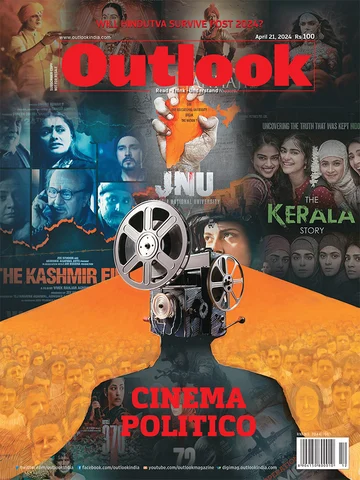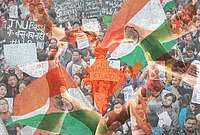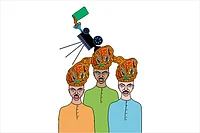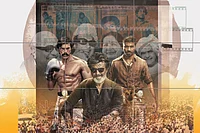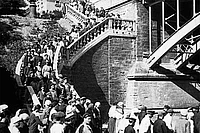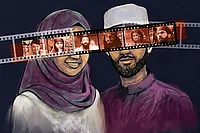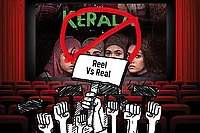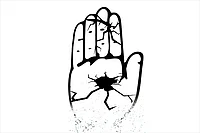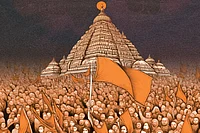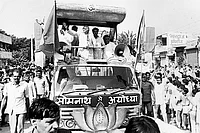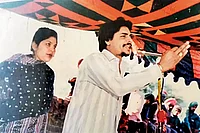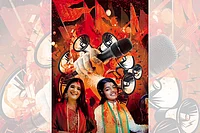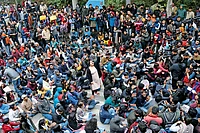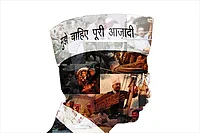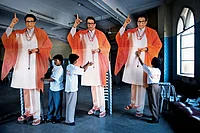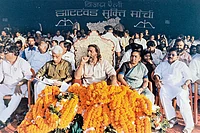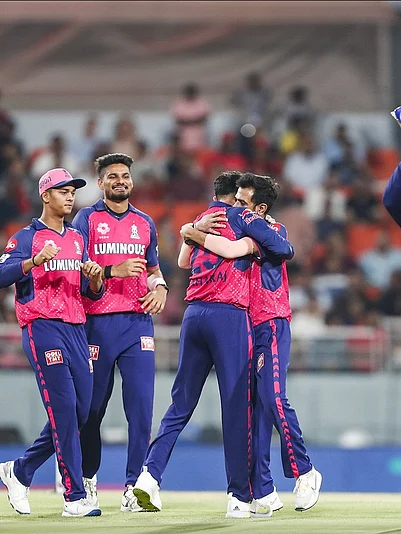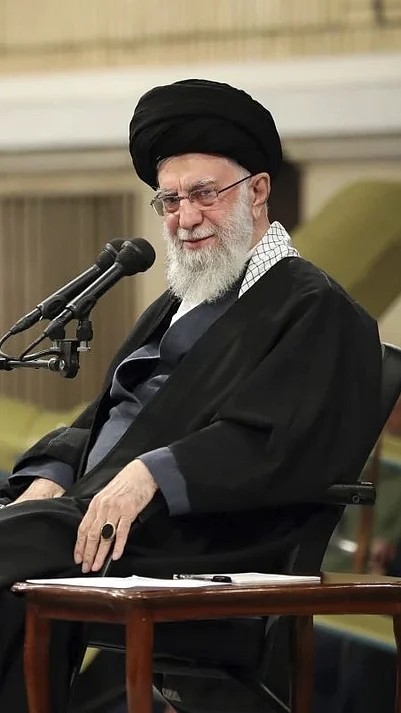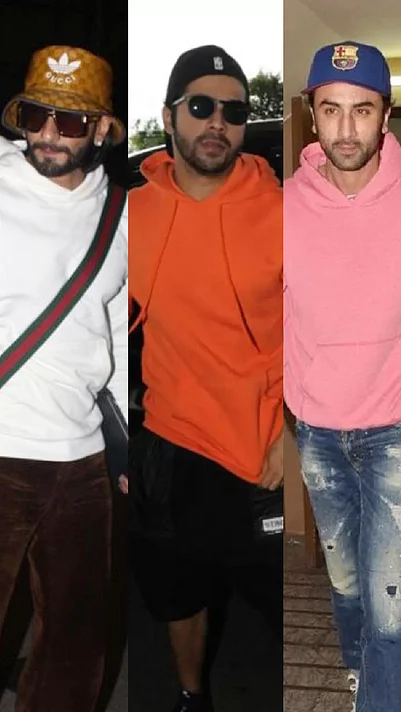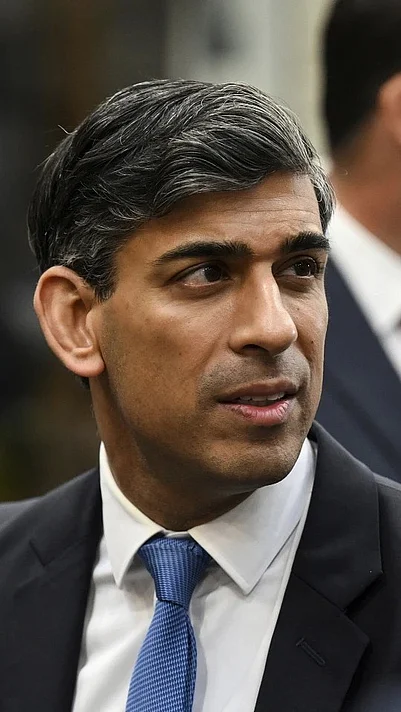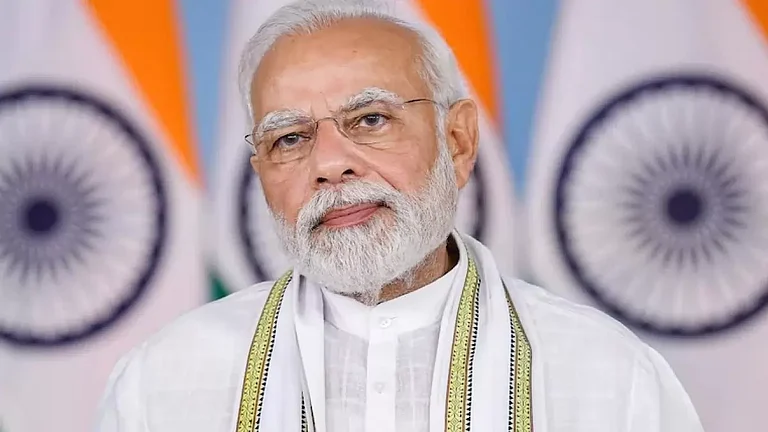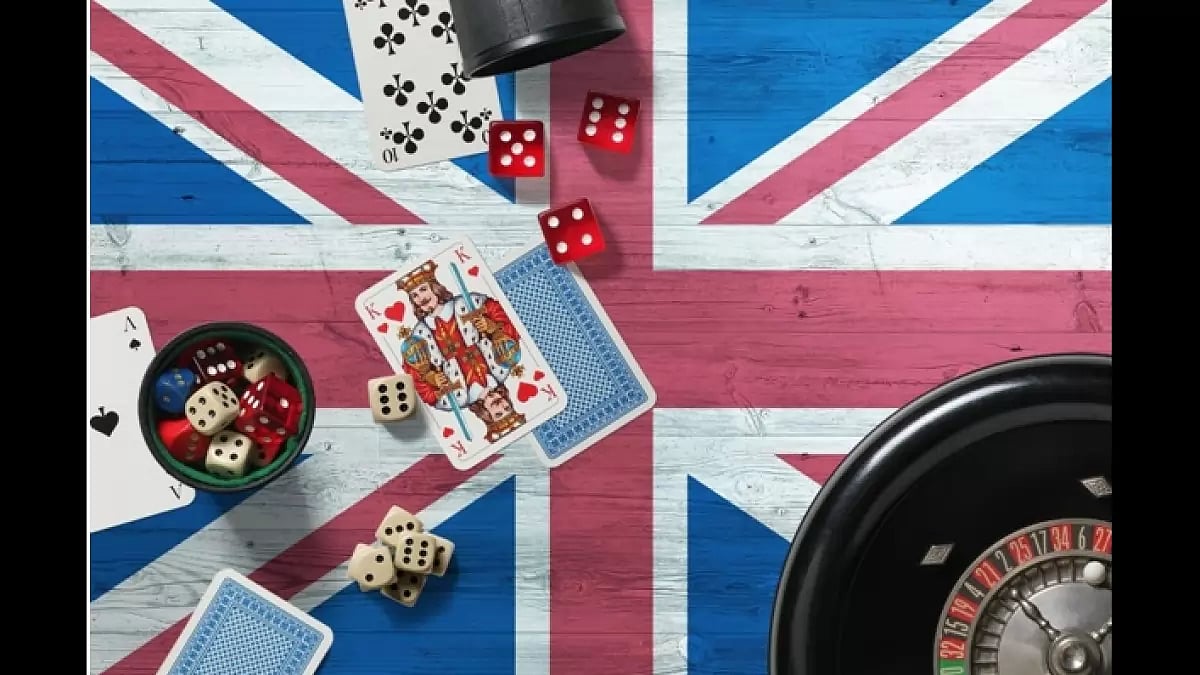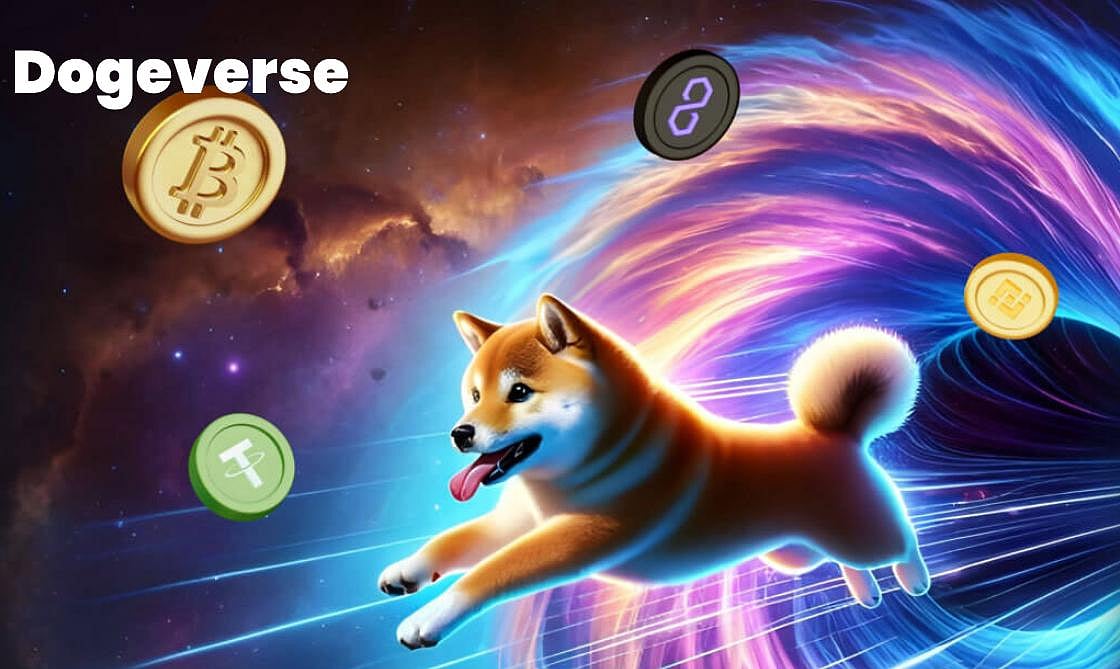Outlook Lens
With around 969 million registered voters, 543 constituencies across 36 states and Union Territories (UTs), India is voting from today for the Lok Sabha elections 2024, touted as the world's largest-ever democratic exercise. Phase 1 voting of Lok Sabha elections is taking place today in 102 constituencies across 21 states and UTs amid heavy security.
Advertisement
Lok Sabha Elections Phase 1 Voting LIVE: India's Lok Sabha elections 2024 - the world's largest-ever democratic exercise - have kickstarted today with the first phase of voting having begun from 7 am in 102 constituencies spread across 21 states and Union Territories. The results of India's mega Lok Sabha elections 2024, scheduled on June 4, will decide whether the Narendra Modi-led NDA government will come to power at the Centre for a consecutive third term or if the Opposition, which has united under a bloc called 'INDIA', will remove the Bharatiya Janata Party (BJP)-led dispensation from the central government position.
Latest
Advertisement
The ministry had appointed Manindra Agarwal as IIT-Kanpur director, while as Avinash Kumar Agarwal has been made head of IIT-Jodhpur.
Apart from 102 parliamentary constituencies voting in Phase 1 of Lok Sabha elections today, April 19, polling is also underway in 92 Assembly constituencies in two states – Arunachal Pradesh and Sikkim.
World Press Photo have announced the global and regional winners for the year 2024. Palestinian journalist Mohammed Salem won World Photo Of The Year for his moving image of a Palestinian woman embracing the dead body of her five-year-old niece.
Magazine
Magazine Home
This issue of Outlook looks at the genre of nationalist and propaganda cinema in the Indian context, and also continues with the exploration of the ideology question when it comes to national parties
There have been concerted attempts to portray JNU in a certain way. The film JNU: Jahangir National University is just another product of the same propaganda machinery
A recent spate of Hindi films distorts facts and creates imaginary villains. Century-old propaganda cinema has always relied on this tactic
At a time when Bollywood is churning out propagandist narratives, south cinema, too, has stories to tell
Cinema’s real potency to harness the power of enchantment might want to militate against its use as a servile, conformist propaganda vehicle
Representation of Muslim characters in Indian cinema has been limited—they are either terrorists or glorified individuals who have no substance other than fixed ideas of patriotism
In south India, films have always been a vehicle to ride into politics
Previously portrayed as a peaceful paradise, post-1990s Kashmir in Bollywood has become politicised
While the trailer of 'The Kerala Story' claimed that 32,000 women from Kerala had undergone conversion and joined the IS, Nazeer Hussain’s offer was open-ended
Public opinion will never be devoid of ideology; but we shall destroy ourselves without philosophical courage
In the upcoming election, more than the Congress, the future of the Gandhi family is at stake
The idealogy of Hindutva faces a challenge in staying relevant
A seemingly harmless decision in 1979 ended up reshaping Indian politics. The biggest beneficiary was the BJP
Amar Singh Chamkila may be celebrated, but many of his songs are blatantly sexist
Hindutva pop stars are employing hyperbole and dog-whistling to ensure Modi gets a third term
Paul Murray’s The Bee Sting is a tender and extravagant sketch of apocalypse
Singing revolutionary songs was nothing new for us. However, going viral was definitely something new.
Previous Issue
Advertisement
What has been Modi government's approach in dealing with this long-standing problem?
GDP, Inflation And Jobs: Know About The Performance Of Modi Government Ahead Of Lok Sabha Elections 2024
Lucknow Super Giants and Chennai Super Kings will meet in match 34 of the IPL 2024 in Lucknow on Friday. Here are three key player battles that are worth looking out for from the LSG Vs CSK match
Dive into the adrenaline rush of 5 action movie subgenres, including 'John Wick's' stylish combat and 'Ocean's Thirteen's' clever heists. Uncover the films that redefine thrill and suspense.
Madhuri Dixit starred in 'Prem Pratigya' with Mithun Chakraborty. But did you know that she cried and refused to do the molestation scene? Actor Ranjeet reveals the details.
London's night sky lit up with stars as Sofia Boutella, Ed Skrein, and Zack & Deborah Snyder attended the 'Rebel Moon - Part Two: The Scargiver' screening. Dive into the event's highlights and view the stunning pictures.
Hollywood's finest gather for the premiere of 'Abigail' at the Regency Village Theatre. See Kathryn Newton, Dan Stevens, and more celebrate the film's debut in Los Angeles.
popular
Advertisement
Pack your bags, embark on the road less travelled, and discover the magic of slow travel for yourself
OT Itinerary: How To Spend The Perfect 3 Days In Munnar



















.jpg?w=500&auto=format%2Ccompress&fit=max&format=webp&dpr=1.0)
